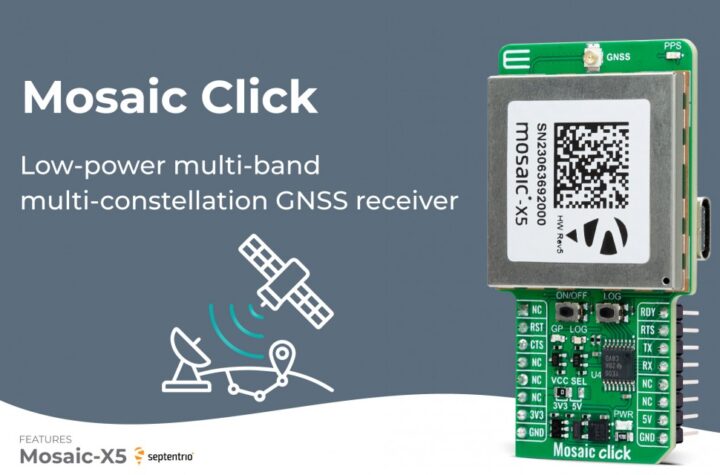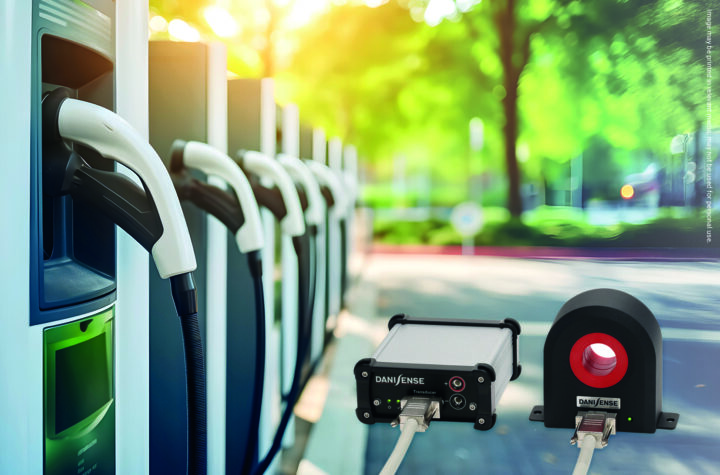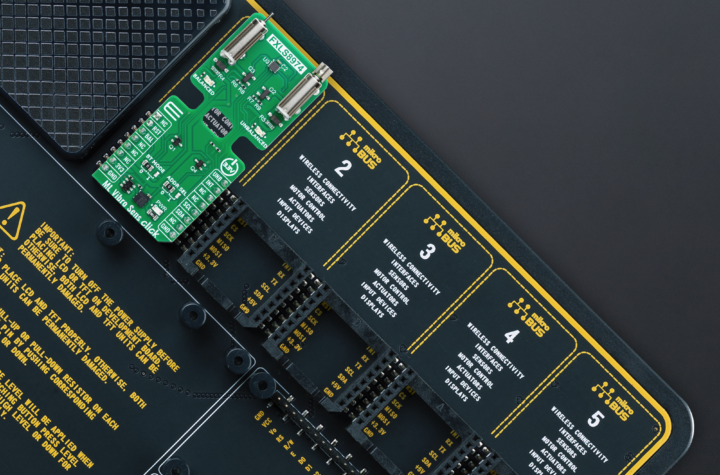
Colorado-headquartered Ramtron International, a leading developer and supplier of nonvolatile ferroelectric random access memory or FRAM and integrated semiconductor products, recently announced that its M25C160 – a 16Kb, 5V, SPI FRAM memory device – had received the AEC-Q100 (Automotive Electronic Council’s Stress Test Qualification for Integrated Circuits) certification.
This was Ramtron’s third FRAM device to be AEC-Q100-qualified as part of an aggressive automotive qualification program. The company is also currently developing various FRAM configurations specified for the Grade 1 (-40C to 125C) operating range, says the company.
“This achievement demonstrates yet again Ramtron’s dedication to meeting the design and sourcing challenges of the automotive market. The FM25C160 has already been designed into smart airbags by top automotive system suppliers across the United States, Europe and Asia, including Korea’s Hyundai Autonet. This device is a popular choice for this application due to its 5V operating power and serial peripheral interface (SPI),” said Mike Alwais, director FRAM at Ramtron International Corporation in a company release.
Ramtron’s FM25C160 is a 16-kilobit nonvolatile RAM with an industry-standard SPI that leverages the high-speed write capability of FRAM technology facilitates the collection of more data at higher frequencies, allowing automotive safety systems to act on the timeliest information available. This is particularly useful for today’s smart airbags that are designed to increase or decrease deployment force based on accident event parameters such as the severity of the crash, the weight of the occupant and the interaction with other safety systems in the car.
According to the company, the parametric data sent to the car’s electronic control unit (ECU) is generated by sensors throughout the cabin, enabling the airbag to deploy ‘intelligently’. As more sensors are designed into the car, more data needs to be collected.. A direct hardware replacement for equivalent EEPROMs, yet ‘far superior’, the FM25C160 reads and writes at bus speeds up to 20MHz with virtually unlimited endurance (1 trillion writes), 45-year data retention and low power. It operates at 5V over the industrial temperature range (-40C to +85C) and is available in a ‘green’ 8-pin SOIC package, says the company.
The FM25C160’s AEC-Q100 certification is another step in Ramtron’s aggressive strategy to qualify all its FRAM devices for use in the automotive industry. “We are committed to meeting the design and sourcing challenges in the automotive industry with this line of AEC-Q100-qualified FRAM parts. No other non-volatile memory solution can match FRAM’s fast write speed and high endurance. These latest developments are taking FRAM beyond in-cab applications into the vehicle’s most stringent environments,†says Alwais.
The AEC-Q100 qualification program helps the automotive industry’s growing need for better non-volatile data storage solutions in automotive sub-systems. The company says that as electronic content in vehicles is becomes smarter with the use of microcontrollers and sensors, FRAM devices play a vital role in high-content applications such as intelligent airbags, occupant sensors, infotainment systems, anti-pinch/trap sunroofs, automatic transmission, adaptive cruise control, steer-by-wire and so on because it offers what older memories like EEPROM and Flash cannot.
Ramtron says that its FRAM devices offer fast writes, high endurance and low power consumption. Fast writes are beneficial when capturing data from sensors, especially in noisy automotive environments or when power may suddenly fail. High endurance enables designers to capture information as often as they wish without the risk of wearing out the memory. Low power is an added benefit in applications with ever-lower power budgets such as car entertainment systems.
Automotive Industries caught up with Mike Alwais, director FRAM at Ramtron International Corporation as the companies new FM25C160 – 16Kb, 5V serial FRAM memory device – has been qualified to operate over the entire grade 1 automotive temperature range of -40 to +125 degrees C and asked about the future of in-vehicle electronics.
AI: What do you think is the future in terms of the design and development of in-vehicle electronics?
From our point of view the vehicle electronics package is taking an enormous leap in complexity and sophistication. Smart airbags, stability control, improved navigation, vastly improved comfort and convenience — the end consumer will have a large range of new choices to consider beyond the usual handling and cup holder considerations.
AI: What are Ramtron’s automotive OEM capabilities and future objectives?
We’ve been ramping our organization to support the demanding automotive customer. At roughly 18% of total sales in 2006, the automotive market is becoming very important to Ramtron. We are planning a larger number of qualifications, developing a line of +125C products and beginning to engage customers to drive products specifically designed for automotive applications. Our objective is for the tier one automotive supplier to rely on Ramtron when they need to collect and store information.
AI: What makes Ramtron’s expertise and innovation in providing non-volatile FRAM devices different from competitors?
All of our end market experience is an outgrowth of the memory technology and its application. When we introduced FRAM to the market we saw it as a replacement for EEPROM with better features. Over time we have come to specialize in applications where FRAM offered the designer a real benefit. There were normally applications where the system needed to collect data. I’d say we are the only memory supplier that is uniquely focused on these selected markets and applications, and that we are committed to gaining an increasing expertise to help our customers be successful.
AI: How much of Ramtron’s business comes from the automotive sector and by how much do you see it growing by?
About 18% in 2006. We we our automotive business growing over 30% in 2007.
AI: What are some of the products Ramtron is working on that will impact the future of automotive electronics?
The whole Ramtron automotive development program will impact the future. What I mean by that is the automotive design engineers have been very constrained until now. Incumbent memory technologies are too slow and wear out so the systems have been unable to collect and store data. FRAM has been on the market for years but was not mature enough for the automotive customer. This is changing. We will shortly have enough different configurations automotive qualified for +85C and +125C operation that this constraint will be lifted. There is no telling how large the impact could be as clever engineers identify new solutions.














More Stories
Mosaic Click board from MIKROE delivers global coverage multi-band and multi-constellation tracking ability
Current transducer from Danisense selected for DC charging station testing device demonstrator at TU Graz
New Click board from MIKROE helps develop and train ML models for vibration analysis